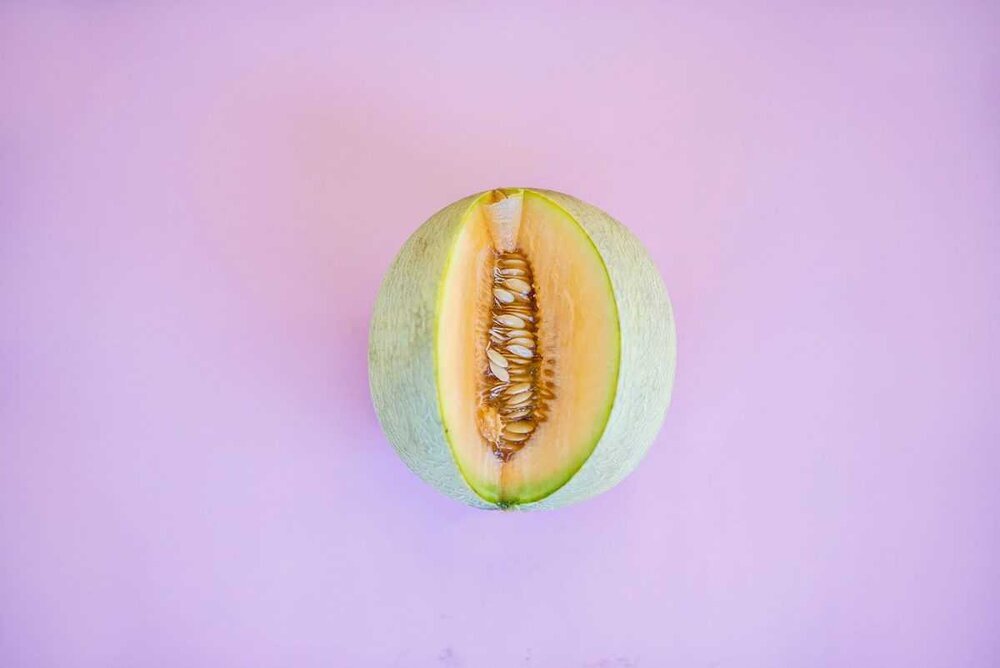Empowering Women: How To Reclaim Your Intimacy With Self-Help Gynecology
Photo by Dainis Graveris on SexualAlpha
Knowing your anatomy more deeply, being in phase with your body's rhythms, and being capable of detecting gynecological issues... Here goes the self-help gynecology movement's credo, invented by women for women!
Ever heard about self-help gynecology? This practice encourages women to know themselves better and reclaim their femininity by observing and listening to their bodies. The idea is to change the paradigm and acquire new skills to understand and deal with minor gynecological issues without rejecting a medical consultation.
Women will then be more capable of putting words on issues and analyzing them: they might discover that, for example, thrushes can originate from vaginal flora imbalance! To learn more about this topic, we give the floor to Gaëlle Baldassari, creator of the movement Kiffe Ton Cycle (in French), based on sharing knowledge about the menstrual cycle.
For English speakers, we can advise the Red School programs.
What is self-help gynecology?
GB: Self-help gynecology strives to give back to women their ability to listen and understand their bodies, as in "know yourself better to take better care of yourself". This phenomenon doesn't intend to replace necessary medical consultations in any way. It simply empowers women to know themselves better to analyze what is normal and what is not.
It also allows them to support themselves in this "gray zone" - the "uncomfortable non-pathological" - where doctors are powerless, and women are left to their own devices. We can apprehend self-help gynecology as a daily guide. The objective is to understand how our body works to meet its needs. Indeed, many day-to-day inconveniences can be avoided or fixed autonomously!
Is this phenomenon new, or is it rooted in the past?
GB: This practice is ancestral, as women have always cared for themselves, passing on essential knowledge from woman to woman. However, the Inquisition and witch-hunts periods contributed to the extensive loss of this knowledge, but some women never renounced passing it on...
What advice would you give for a smooth transition to self-help gynecology?
GB: First, start by checking in with yourself. Where am I at? Is it easy to touch myself, to look at my body and my vulva in a mirror? The idea is to make an honest assessment of yourself for yourself. What are my real needs, how to relieve myself from issues, better understand myself, and pass on this knowledge to my daughter? What do I need to feel more self-sufficient?
Then, it's possible to connect with (or create !) circles and/or workshops, to have a place to meet up and exchange findings with other women. It's also possible to read or look for resources online: the idea is to understand yourself better to enhance self-support.
How to identify the limit between a benign issue and one that requires a consultation?
GB: I often get asked if self-help gynecology wouldn't lead to taking unnecessary risks, because instead of relying on medical professionals, we would rely only on ourselves. But honestly, I just want to say: on the contrary! Before knowing myself well, I felt shame when it came to gynecological matters, and actually, I was only going to consult if my symptoms were confirmed. Often, I used to let issues drag on to see if they would simply go away.
Now, I know myself enough to detect and observe any change in my body (spots, lumps, and more). And as soon as I see that the problem doesn't go away, I don't hesitate to make an appointment with a doctor. I know that my health is essential and that turning a blind eye won't make symptoms disappear. I believe that the essence of self-help is to know your limits.
As we don't go to the doctor for a simple cold, we know that it's preferable to consult in case of pneumonia… Self-help gynecology gives you more awareness when it comes to detecting what is wrong while also guiding the healthcare professional who might take care of you later.
Can you recommend any resources to learn more about self-help gynecology?
GB: To understand your physiological fluctuations, I warmly recommend my book Kiffe ton cycle (French)
For self-knowledge, have a look at Martin Winkler's remarkably comprehensive book: C'est mon corps (French).
And if you want to learn about the self-help movement, the book Mamamelis (French) written by Rina Nissim is a reference!
As for books in English, Revolutionizing Women's Healthcare is an excellent book about the birth of the self-help movement in America.
Then, Period Power opens a much-needed conversation about all things related to menstruation and hormones, ultimately urging us to take control of our cycle.
Finally, if you want to dive even deeper into menstrual cycle awareness, check out the programs of the Red School!
Happy exploration ♥︎











Let's be honest: what is the first thought that comes to your mind when you hear about scheduling sex? Boring. Laborious. So-not-sexy. Yet, many sexologists swear by this practice to cultivate intimacy within a relationship.